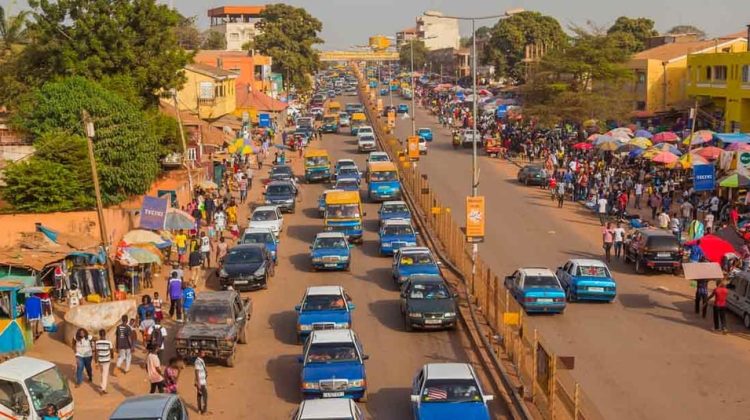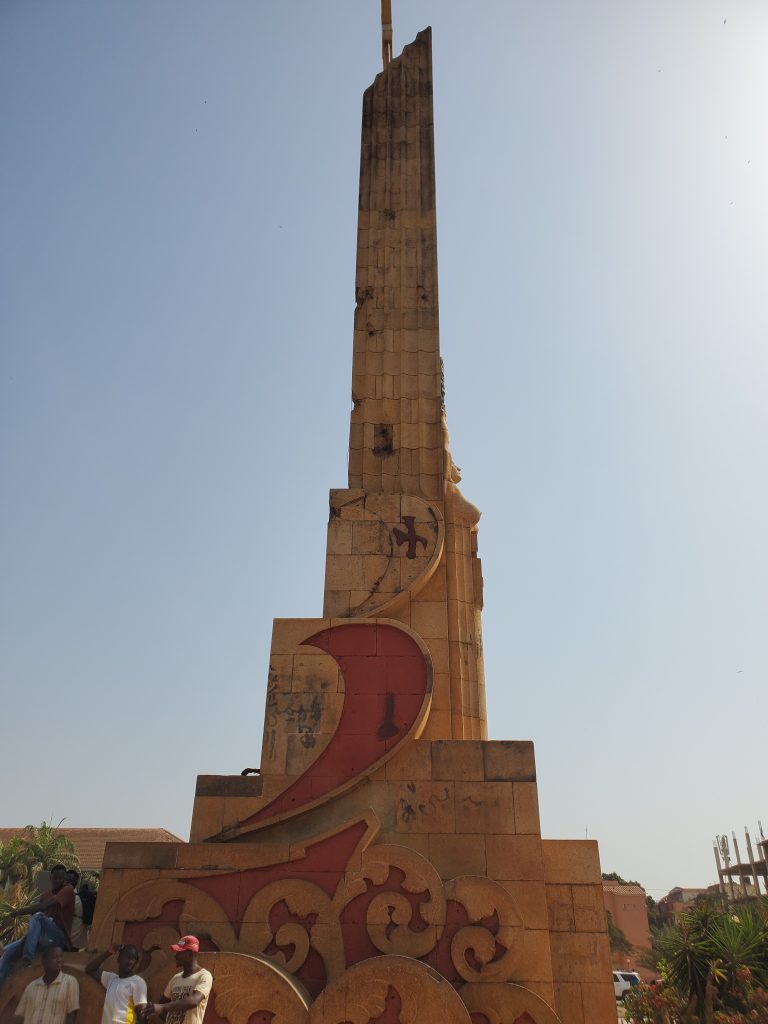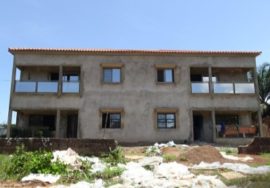
Guinea Bissau: First Contact

It was February 27, 2020. Our small commuter plane had just landed at Zinguinchor Airport, nothing more than a small landing strip in the small river-port town in southwestern Senegal. Our final destination was Guinea Bissau, a three hour drive from the tiny airport in Senegal, Guinea Bissau’s neighboring country. I had never been on the continent of Africa before, and had only heard about Guinea Bissau, which is a landmine of global statistics: Fifth poorest nation in the world, ranking the tenth-worst worldwide in water purity, leading to frequent deadly cholera outbreaks. Phrases like “failed State” and “narco-terrorism” are what the Western world hears of Guinea Bissau, but we had come to try and make a difference.
When we reached Bissau, the capital city of Guinea Bissau, I saw many older men out the car window, crouched on the ground, listening to small, transistor-like radios. I was curious about this, but didn’t ask questions. Our driver seemed nervous – but not knowing the language, I was unable to make sense any of the curiosities going on around me. Bissau was fascinating and beautiful – full of bright color and busy streets – and I looked forward to meeting my host family and learning more of the customs of this new culture.
Imagine my surprise when, upon reaching the home of our host family, that I learned that the beginning of a coup was underway. November 2019’s presidential election results were being certified that day, which would have been considered Inauguration Day. The election in November, 2019 resulted in no majority vote, so a second round was held in December 2019. The certification of the election now underway was being hotly contested: According to the final results published by the national commission of elections, Umaro Sissoco Embaló won the runoff vote against Simões Pereira. However, Simões Pereira continued to dispute the results. Although neither the supreme court of Guinea-Bissau nor the parliament had given its approval for the official swearing-in ceremony of 2/27/2020, Sissoco Embaló had organized an alternative swearing-in ceremony in a hotel in Bissau to announce himself as the legal president of Guinea-Bissau. After Embaló took office, armed soldiers were deployed at all government offices, at the offices of the national radio, and all throughout the capital city.
This is a brief slice-of-life — and the environment in which I found myself on that day which became very important in Bissau’s history. But we were there for other purposes. We had a tentative appointment with the Minister of Health to discuss, at some future time during my ten day stay, the potential build of a hospital, in a country where 78% of the population has little to no access to basic healthcare services, and where the country is fifth-highest in the world for infant mortality rates. This had been a labor of love after many months of work for both myself and Ben Cabral Dos Santos, my escort for this trip and now-CEO of The Dos Santos Foundation. I had a set of Bylaws firmly clutched in my hands, a 94-page document written with the specific goal to govern physician relations and activities at the hospital and clinics we would help to build; this was part of our greater promise to the people of Guinea Bissau: That physicians working at any of the hospitals we may be fortunate enough to build would be held to a high professional standard, insuring the care of patients who might find themselves in the hands of these providers.
Much happened on that trip, just as COVID-19 began to take hold worldwide. I was never personally able to meet with the Minister of Health during that particular visit, given the political and military situation; however, I will never forget my host family, or the people of Guinea Bissau, who have some of the most beautiful countenances and outlook that I’ve encountered for a country so impoverished. Work has continued: The Dos Santos Foundation continues efforts to modernize healthcare, education and water sanitation in Guinea Bissau by building schools, hospitals, clinics and by bringing sustainable water filtration systems to the country.


